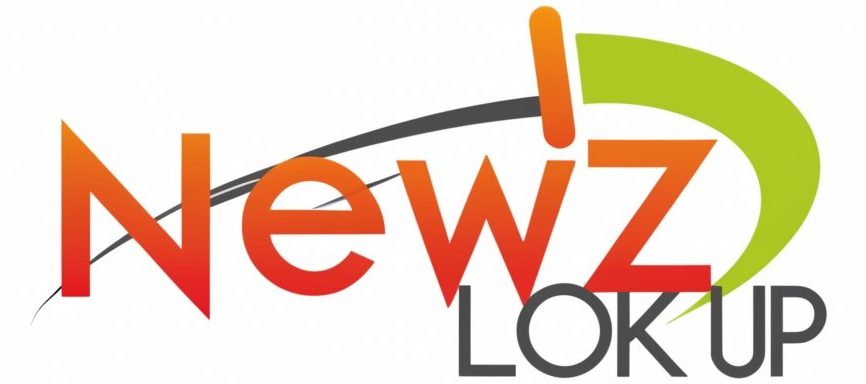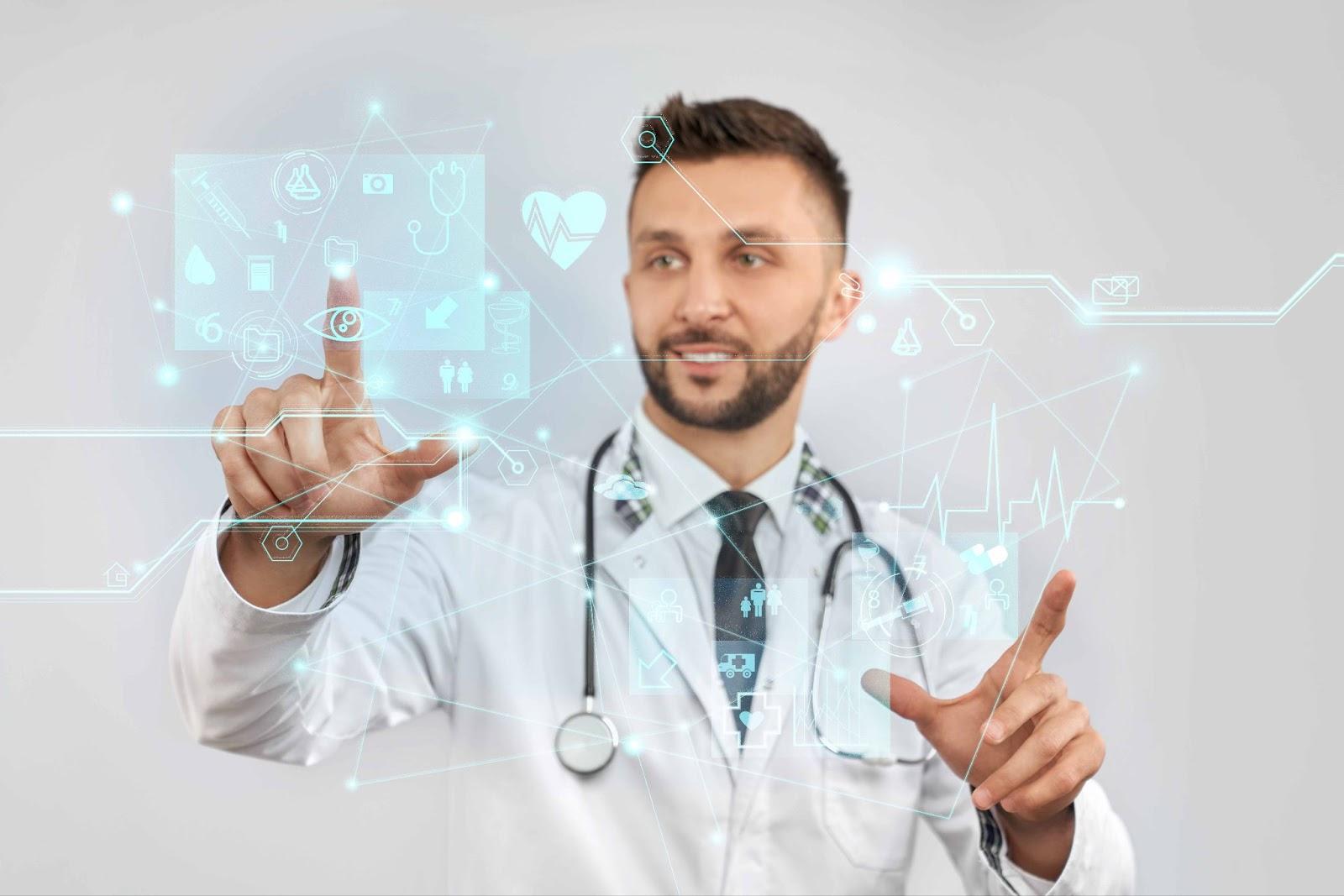Healthcare app development has become a pivotal element in the ongoing evolution of healthcare systems worldwide. Already, digital technologies are transforming the delivery and access of healthcare. Developers, healthcare professionals, and patients will all wait to see how such tools will be able to improve outcomes, enhance the patient experience, and optimize operations. The following are the four key attributes that allude to the context within the broader Evolution of Healthcare:
The Rising Demand for Healthcare Apps
The change in healthcare is mostly characterized by an evolution toward increasingly more personalized, accessible, and efficient delivery of healthcare. Healthcare apps stay at the vanguard of that change with rising consumer demand for mobile health solutions and telemedicine services. Such apps can help a patient take care of chronic diseases, control health indicators, make an appointment with a physician, or open access to one’s medical records.
From anticipated demand by patients, however, the demand is pushed not only by the health providers who see their service delivery and operational efficiencies bettered but also from anticipated demand by patients. For example, during the pandemic, demand for health applications increased when telehealth became necessary more than convenient.
This period has underscored—in the most very important potential way—the importance of the apps in controlling runaway public health crises by facilitating distance treatment and infection restraint.
Key Features of Successful Healthcare Apps
Building a great healthcare app requires knowledge not only of the technology itself, for which it has to comply with many health regulations, but also user-oriented design and target group needs. Some of the most common features that are likely to be found in the most successful health apps are:
Security and Compliance:
This obviously requires keeping the security of the apps high, given the sensitive nature of health data. It will also follow up with the regulations like HIPAA from the United States and GDPR from Europe, among other local data protection laws. This would include strong measures of encryption implemented, secure storage of data, and features for privacy.
User-Friendly Design:
All are very important: accessibility and simplicity, in other words, the user interface has to be such that even a child would be able to deal with it. The elderly or a person with some disability user should also be able to use the system provided by means of making the software friendly using features like voice commands, readable fonts, and simple navigation.
Integration Capabilities:
Successful applications often have to integrate with other healthcare systems: electronic health records (EHR), pharmacy management systems, and diagnostic tools. It is this kind of integration that will lie at the very heart of a connected healthcare experience—where information between systems sits centrally and is easily accessible.
Personalization:
The app can be personalized with your own health recommendations, medication reminders, and even change interfaces based on health status and what is most comfortable for the user.
Challenges in Healthcare App Development
Despite the opportunities, developers encounter several significant challenges in creating healthcare apps:
Regulatory Challenges:
The complexity of healthcare regulations and ensuring compliance can be daunting. The legal environment for healthcare apps varies significantly across countries, adding complexity for apps intended for international use.
Data Privacy Concerns:
Securing patient information is not only a regulatory requirement but also crucial for maintaining user trust. Developers must implement high-level security measures to prevent data breaches.
Interoperability Issues:
Ensuring interoperability among different healthcare systems and technologies can be challenging due to varying standards and legacy systems that may not support modern API integrations.
User Adoption:
Encouraging routine use of healthcare apps in daily health management practices is challenging, especially among populations that are less tech-savvy or resistant to change.
The Future of Healthcare App Development
Moving forward, app development will continue to play a significant role in shaping healthcare. Here are some trends expected to influence the future of healthcare apps:
Artificial Intelligence and Machine Learning:
These technologies are enhancing healthcare apps in areas such as diagnostic support, patient management, and personalized medicine. AI models can predict patient deterioration, suggest individualized treatment plans, and automate routine administrative tasks.
Wearable Technology Integration:
Health apps that connect with wearable devices like smartwatches and fitness bands for real-time health monitoring and data collection will likely become increasingly popular.
Virtual and Augmented Reality:
These technologies are being used in therapeutic settings to develop new treatments for conditions like PTSD, anxiety, and phobias, or to train healthcare professionals.
Blockchain for Health Data:
Blockchain technology could revolutionize how health data is stored and shared, offering a more secure and efficient way to manage medical records and reduce fraud.
Conclusion,
As healthcare continues to evolve, app development will remain a crucial component. With the right development approaches and innovative technologies, healthcare apps can significantly improve global healthcare systems. The journey of healthcare app development is ongoing, and staying informed and adaptable is essential to effectively contribute to this dynamic field.





